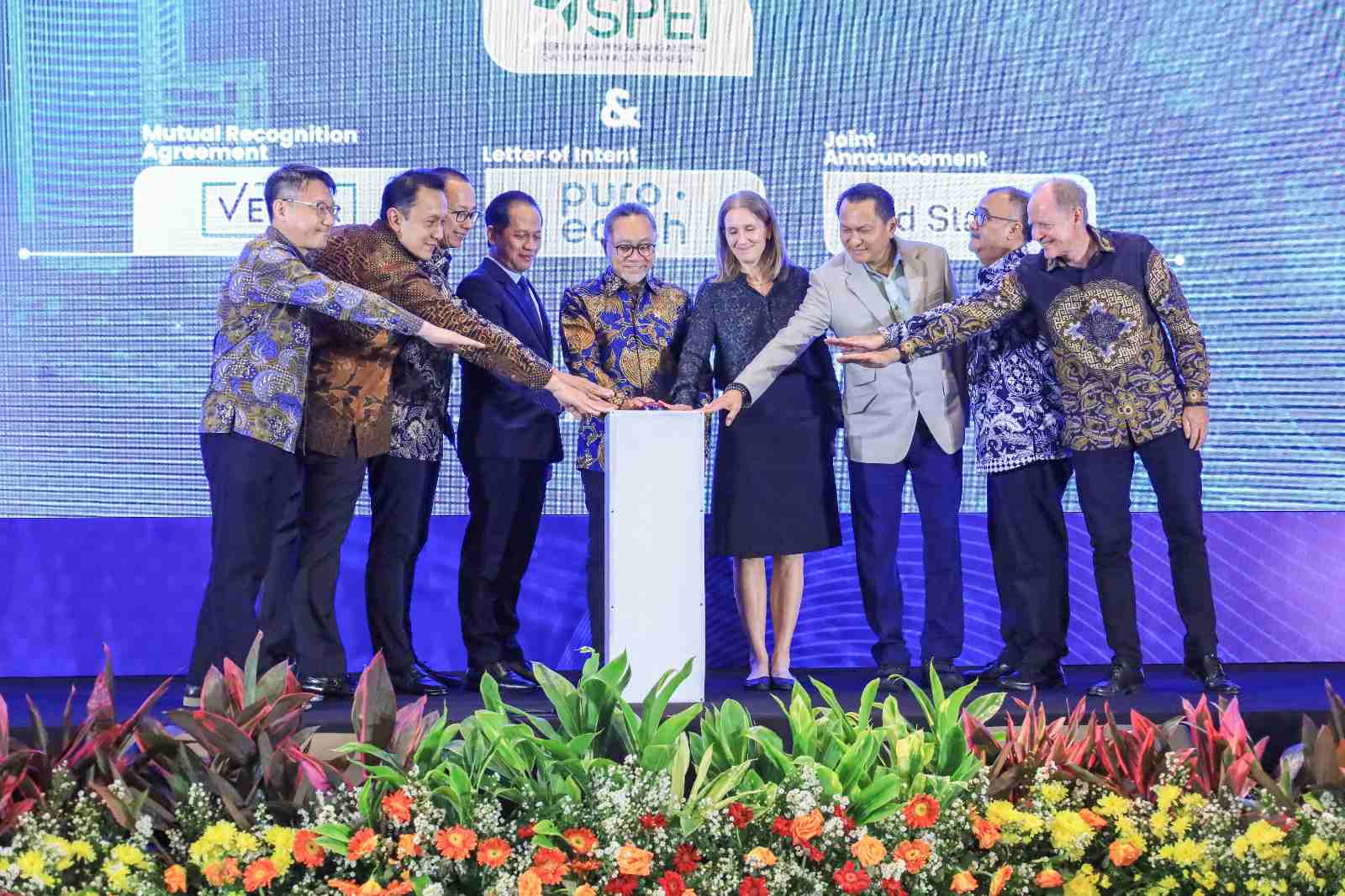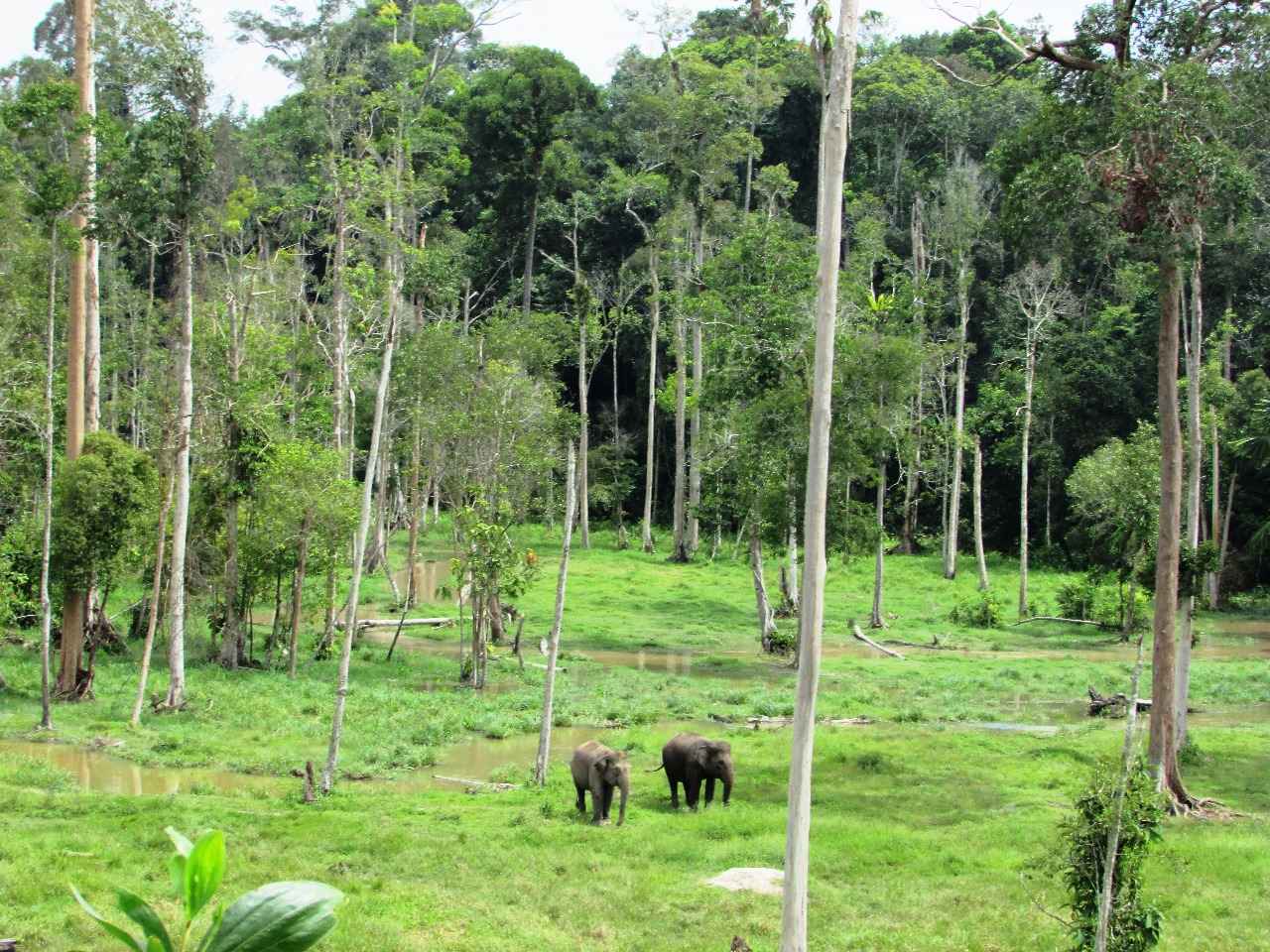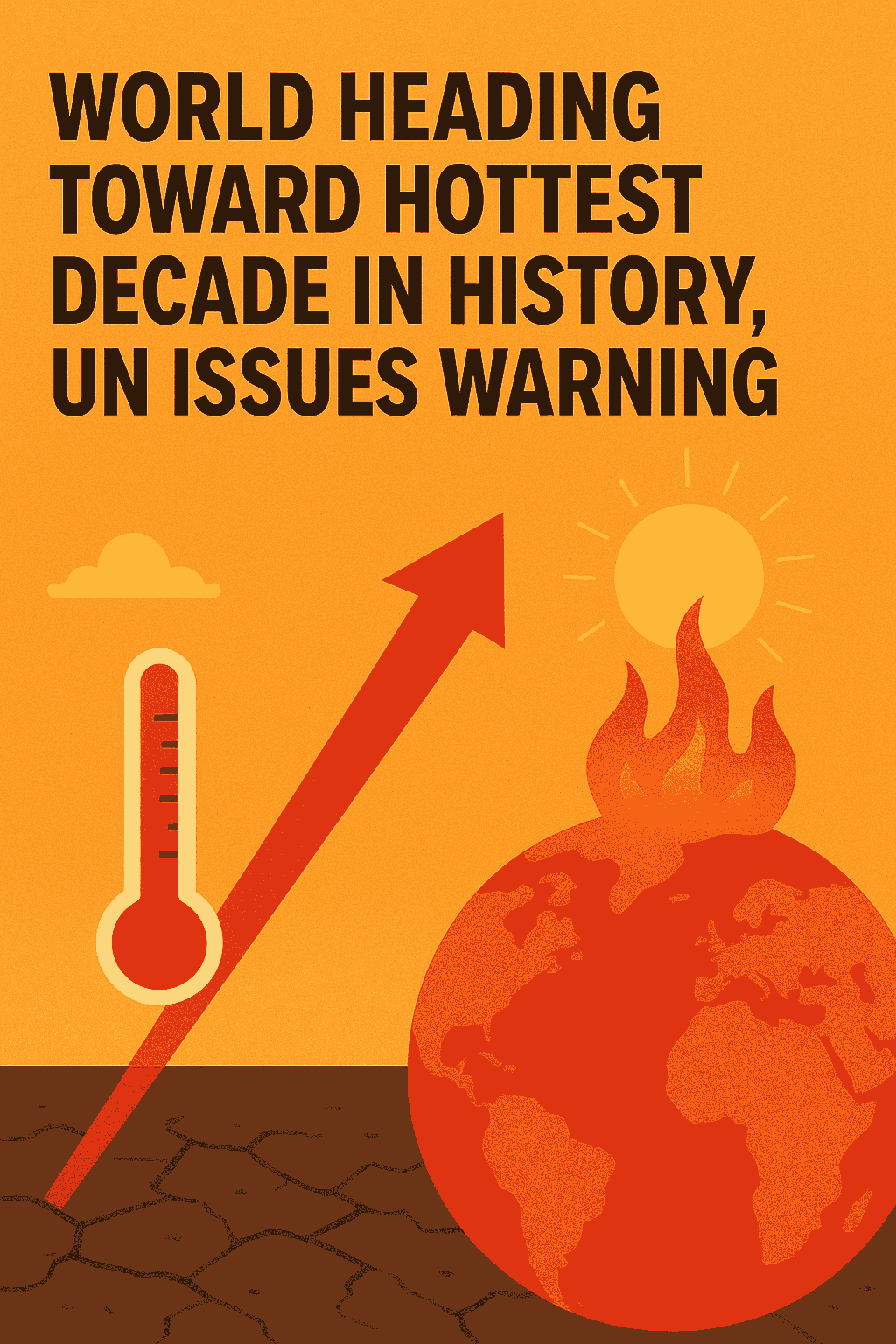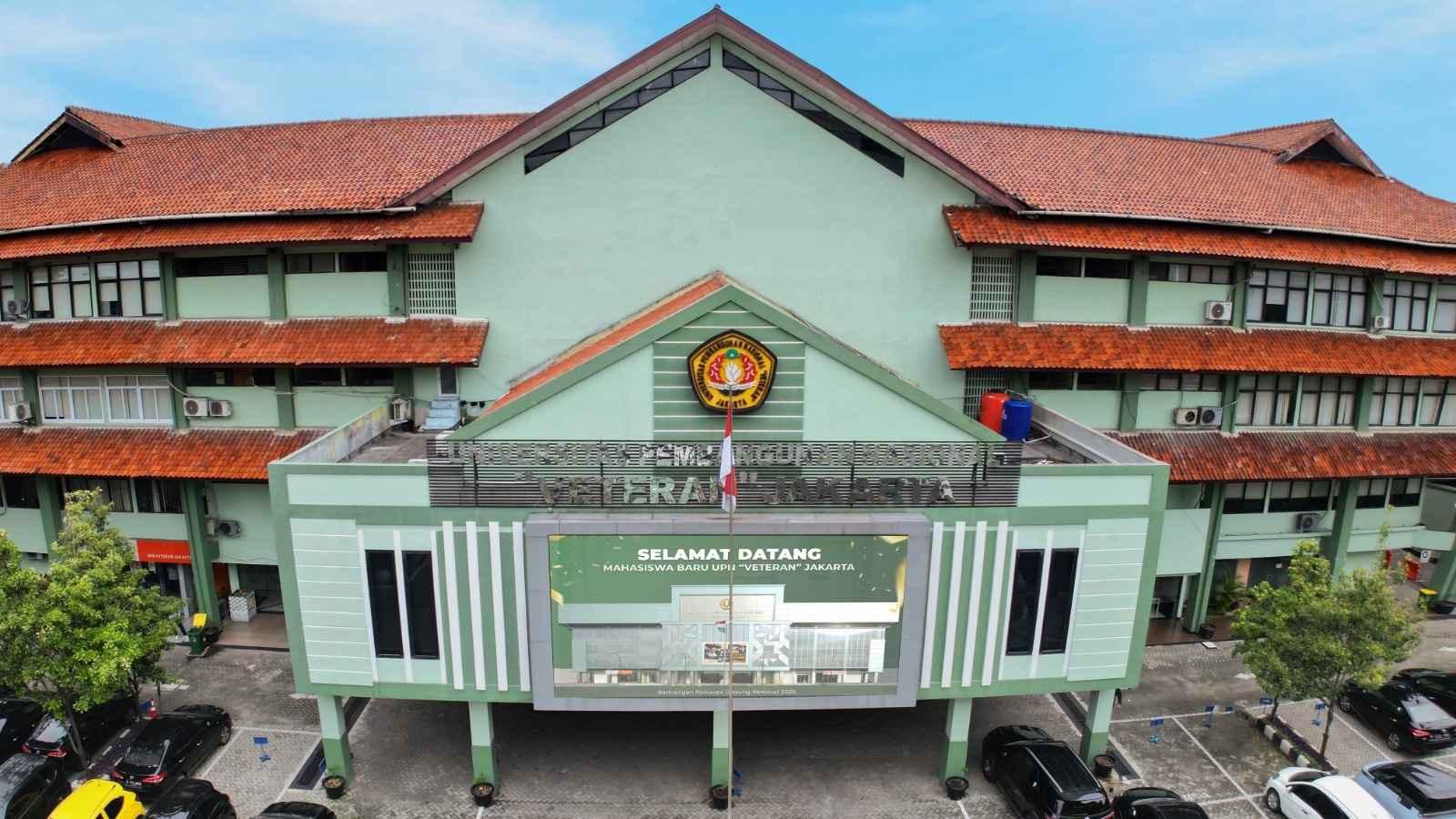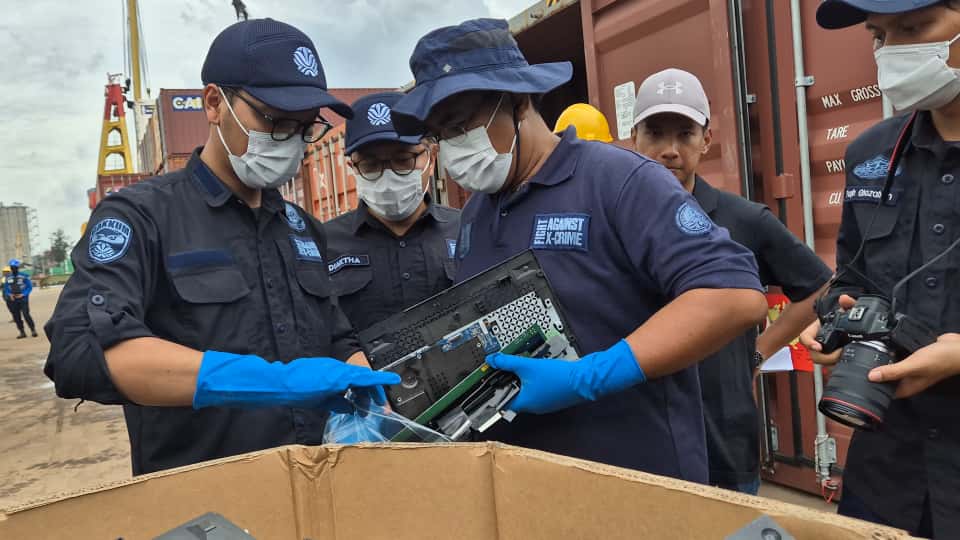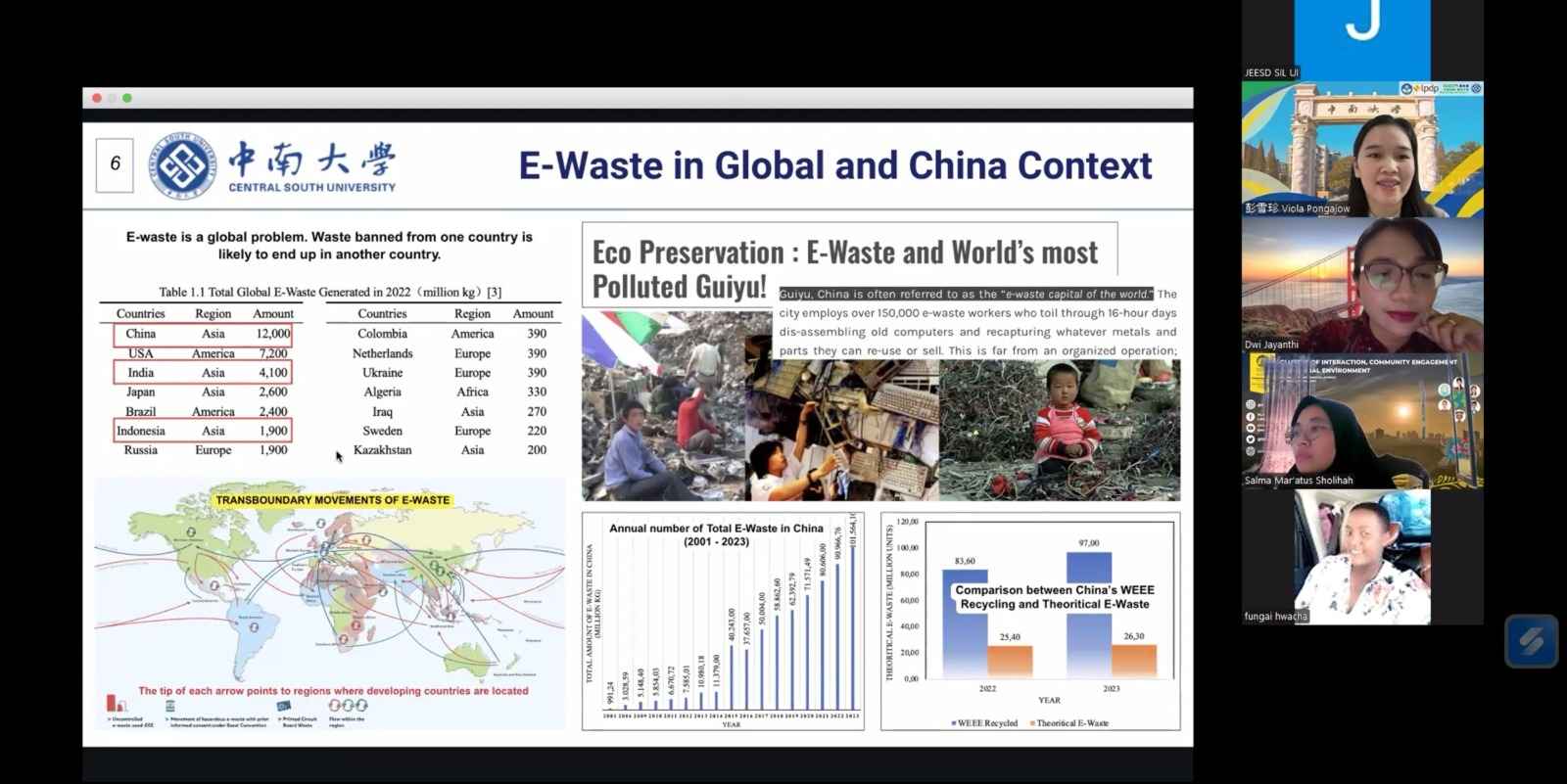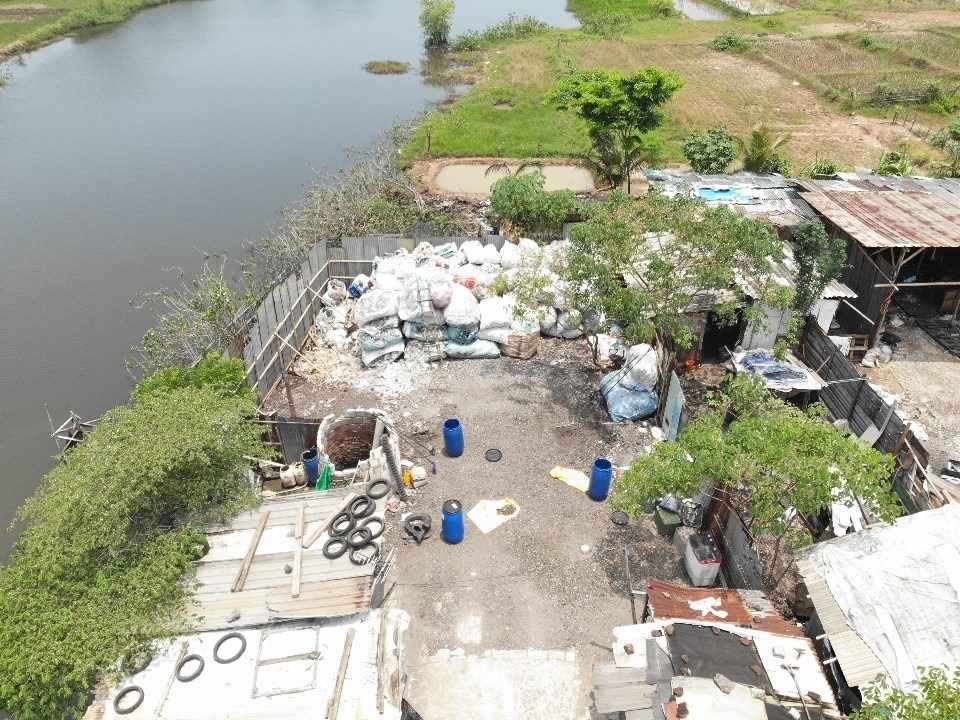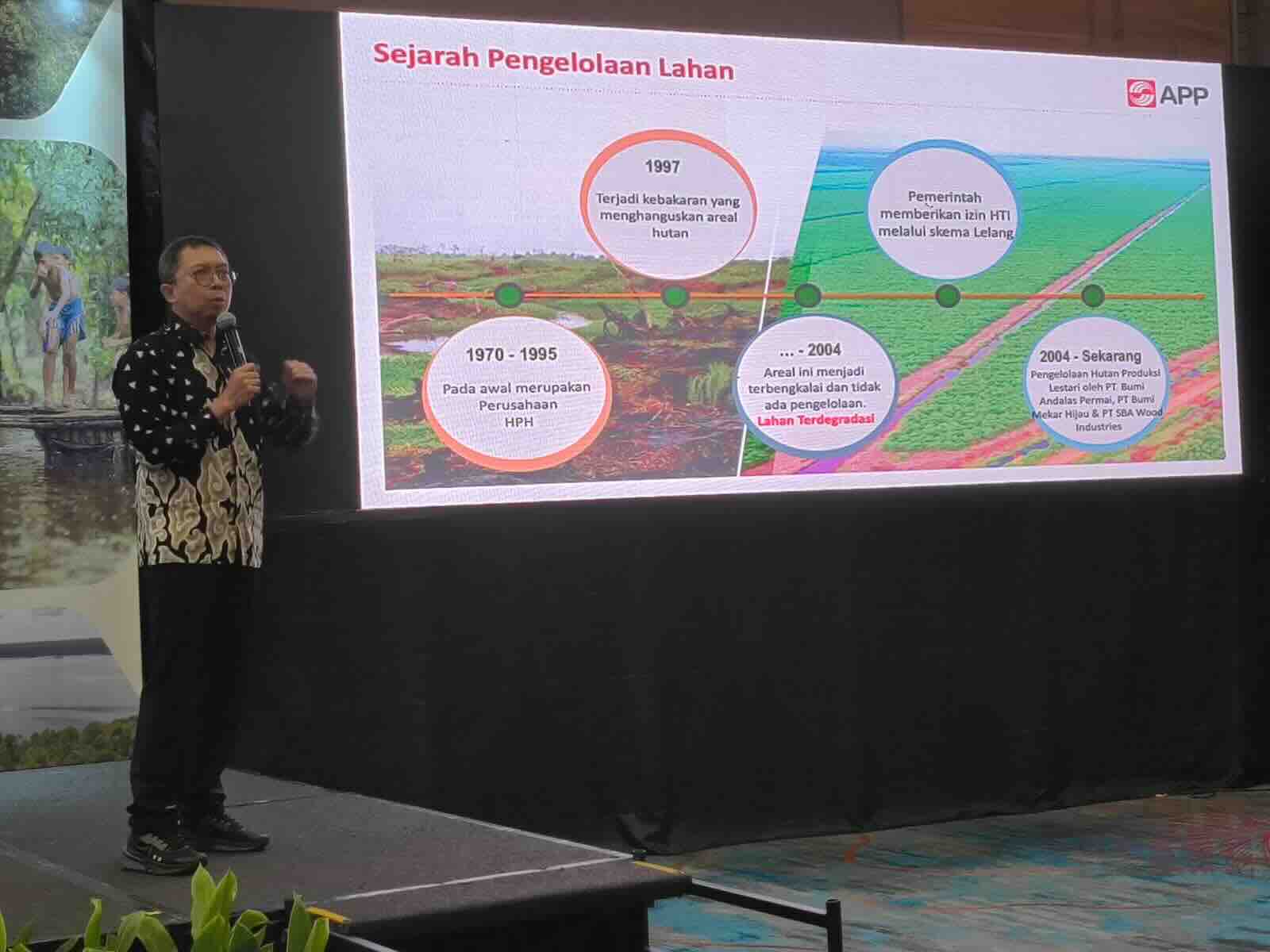Enviro News Asia, Jakarta – The Ministry of Environment and Environmental Control Agency (KLH/BPLH) reinforced Indonesia’s competitiveness in the global carbon trade through a series of strategic international collaborations. On October 5, 2025, in Jakarta, the government formalized a Mutual Recognition Agreement (MRA) between Indonesia’s Greenhouse Gas Emission Reduction Certification (SPEI) and the Verified Carbon Standard (VCS) Program by Verra. The ministry also signed a Letter of Intent (LoI) with Puro.earth for methodological cooperation and issued guidance for project developers working with the Gold Standard for Global Goals (GS4GG).
The new agreements enhance Indonesia’s capacity to participate in international carbon markets, following earlier MRAs with the Global Carbon Council and Plan Vivo. These partnerships aim to ensure Indonesia’s carbon market remains transparent, inclusive, and globally trusted.
Minister of Environment and Head of BPLH, Hanif Faisol Nurofiq, stated that the government continues to advance the multi-scheme implementation of the Carbon Economic Value (NEK) policy. “This initiative expands the quantifiable scope of mitigation actions across both nature-based and technology-based sectors,” Hanif said.
The collaboration introduces 58 methodologies in two sectors under nature-based approaches and 54 methodologies in three sectors under technology-based approaches. Hanif emphasized that these efforts are designed to transform Indonesia’s comparative advantages—particularly in forestry, land use, and energy—into competitive advantages in the global carbon market.
Under KLH/BPLH’s coordination as the National Focal Point to the UNFCCC and the operator of Indonesia’s National Registry System for Climate Change Control (SRN PPI), several milestones have been achieved. The ministry has facilitated 14 project proponents transitioning to Article 6.4 of the Paris Agreement, proposed 60 projects under Article 6.2 cooperation with Japan, and pledged up to 12 million tons of CO₂-equivalent reductions under the Norwegian Article 6 Climate Action Fund (NACA).
Through the MRA framework, 29 projects have been registered under the Gold Standard, with 19 already certified, generating 4.6 million tons of CO₂ credits. The partnership with Verra opens additional opportunities, with an average potential of 17.27 million tons of CO₂-equivalent carbon units per year, targeting issuance by mid-2026.
Minister Hanif reaffirmed that the success of Indonesia’s carbon market relies on integrity, transparency, and inclusivity. “We must ensure that no fraudulent actions undermine Indonesia’s carbon integrity,” he stressed.
Coordinating Minister for Food Affairs Zulkifli Hasan, who also attended the event, highlighted the government’s long-term commitment to clean energy transition. “Waste-to-energy, zero emissions, solar power, and carbon trading are not just slogans. They represent decades of effort toward a transparent, people-centered energy transition,” he said.
Zulkifli expressed full support for the ministry’s initiatives, emphasizing that the green economy and carbon trade must deliver tangible benefits to citizens while maintaining energy and food sovereignty.
As Indonesia prepares for the upcoming UNFCCC COP30 in Belém, Brazil, the country aims to showcase its commitment to high-integrity, transparent, and inclusive carbon market systems that support its Nationally Determined Contribution (NDC) targets. Hanif reaffirmed that all benefits from the Carbon Economic Value implementation will be directed toward national mitigation and adaptation actions. (*)




